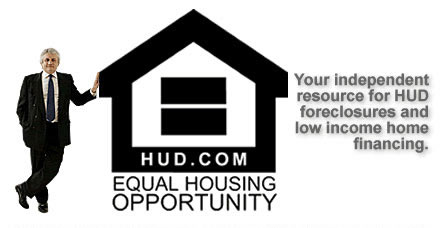

























Foreclosure Can Happen to Anyone...
Foreclosure is something that many people think could never happen to them. The reality is...
that it can happen to anyone. There are many reasons that could lead any of us to face foreclosure:
* Rising Interest Rates
* Unemployment
* Personal Tragedy
* Health Problems
* Death of a Family Member
In desperate times the last thing we need is to lose our home and potentially break up our families.
Perseverance And Discipline Can Prevent Foreclosure
The United States has experienced a remarkable boom in the housing market over the last few years. And now that
market is in a serious turmoil and many families are in danger of losing their homes to foreclosure.
While foreclosure may be a scary prospect, it's by no means inevitable if you're willing to work with your
lending institution to come up with a solution that allows you to still make payments in the face of whatever kind of
financial hardship you may have encountered.
Generally there are two types of things that your lender can do for you in order to help you through a tough spot so that
you can keep your home and your credit score intact. In the short term, the lender can allow you to put off making payments
or make payments at a reduced rate for a certain amount of time until you're back on your feet. This is a good tactic to
use if you've been temporarily disabled by an injury or an illness. You will still have to pay a little more each month
for a while afterward, but this process, which is called a forebearance, will allow you to recover from a mishap and keep
your home and can help stop foreclosure proceedings on your home.
There are also several different solutions to longer term financial problems. The most talked about solution is
refinancing. When you refinance your mortgage it means that you get a new mortgage- often through a different
lender- and use it to pay off your existing mortgage. This tactic has a number of benefits. For example, you may be
able to get your new mortgage for a lower interest rate and possibly one that will stay stable over the course of
the lifetime of the mortgage. Another benefit is that you might be able to get your existing lending institution to
accept a payment that's less than the amount that you originally borrowed to pay off the mortgage. This effectively
lessens the amount that you'll have to pay back.
Another possibility is to modify your existing mortgage... In certain instances you and your lender could
agree to a lower interest rate or a longer payback period. It's a lot like refinancing, but without having to get
another lender involved.
The least favorable possibility, but one that's better than foreclosure, is to sell your house. If you really can't
make the payments, and probably won't be able to make the payments for the foreseeable future even with refinancing or
mortgage modification, you could ask your lender to suspend payments while you're actively trying to sell your home.
Once the house is sold, the proceeds of the sale are used to pay off the lender. This is a much more satisfactory
situation for the lender than foreclosure because the lender is likely to get more money out of it, and it's a better
situation for you because your credit and dignity are preserved.
Perseverance and discipline are the keys to keeping your home away from foreclosure.
